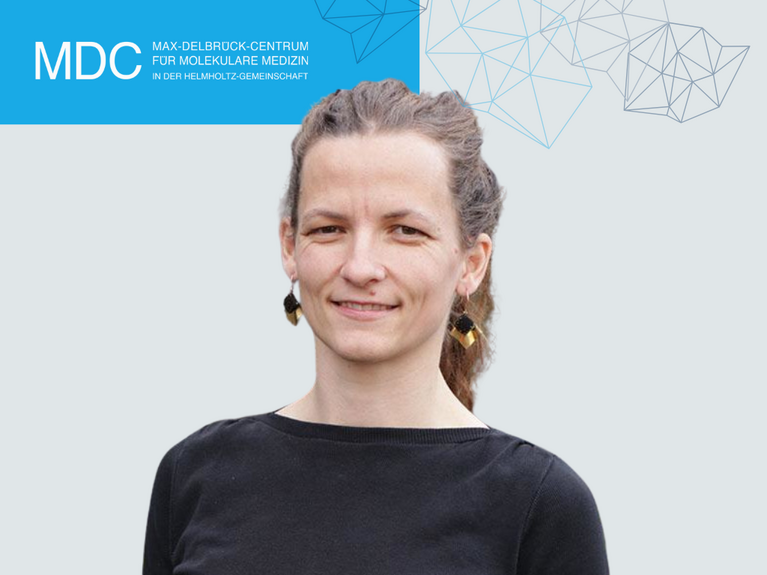Women in AI 2025: meet with Deborah Schmidt, Group Leader at MDC and Helmholtz AI Associate

To conclude 2025’s International Women in AI Month, we are putting the spotlight on another of our Helmholtz AI Associates who are driving innovation in AI across diverse research fields.
Today, we have the pleasure of introducing Deborah Schmidt. She leads the Helmholtz Imaging Support Unit at the Max Delbrück Center for Molecular Medicine in Berlin, where her work focuses on image based science and knowledge generation across domains.
What is your current research focused on? What are some key topics you explore in your work and what is their impact?
Images play a crucial role in many of our decision making processes. As a Helmholtz Imaging Support Unit, we want to pinpoint and address the biggest bottlenecks researchers in Helmholtz face when working with images. One emerging topic in my group is the development of a user-friendly and systematic strategy for assessing and comparing image data quality. For AI models, this will help us to describe training data in detail. In return, scientists will be able to better access the compatibility of a pretrained model with their own data. Apart from diverse ongoing image data analysis collaborations, we also offer teaching for registration, reproducibility, and volumetric data visualisation and rendering.
What inspired you to pursue a career in science, and specifically AI? Was there a key moment, person, or experience that motivated you?
I have learned and continue to learn from so many people I meet, but two in particular come to my mind: when I studied Media Computer Science at TU Dresden, Andreas Pfitzmann discussed societal concepts built around open-source principles with us. Later, I created interactive installations for museums and fairs as a freelancer, but being set on open-source software development eventually led me into basic research as a software developer. During my first years, I joined the Frugal Science course of Manu Prakash, which fundamentally changed my view on science, impact scalability, and online community forming.
I am driven both by the arrogance of wanting to find solutions where others give up and by the uncertainty about whether my children will be able to live well on this planet in the future.
What advice would you give to young girls and women, hesitant to pursue work and studies in AI?
Working in science often comes with insecurities. For AI engineers, it can be an amazing environment to get hands-on experience across diverse research areas without having to be an expert in all of them.
I encourage you to reach out to women working in fields you find fascinating and simply start a conversation. Community diversity is a good indicator of openness. Look for concrete projects to contribute to (or lead) early on, aligned with your interests.
Learning new things independently should be enjoyable for you. When building AI skill sets, I would encourage everyone to focus more on usability and reproducibility rather than purely on performance scores.
How did you learn about Helmholtz AI? Is Helmholtz AI influencing your work in any way? We had the pleasure to welcome you at HAICON earlier this year, what are your impressions?
As a sister platform to Helmholtz Imaging, Helmholtz AI is a companion in empowering scientists across topics. We share struggles and wins. Catching up at events like HAICON or the Helmholtz Imaging conference is always fruitful, especially with open formats for discussing topics in smaller groups.
Any final words?
Thank you for this interview!